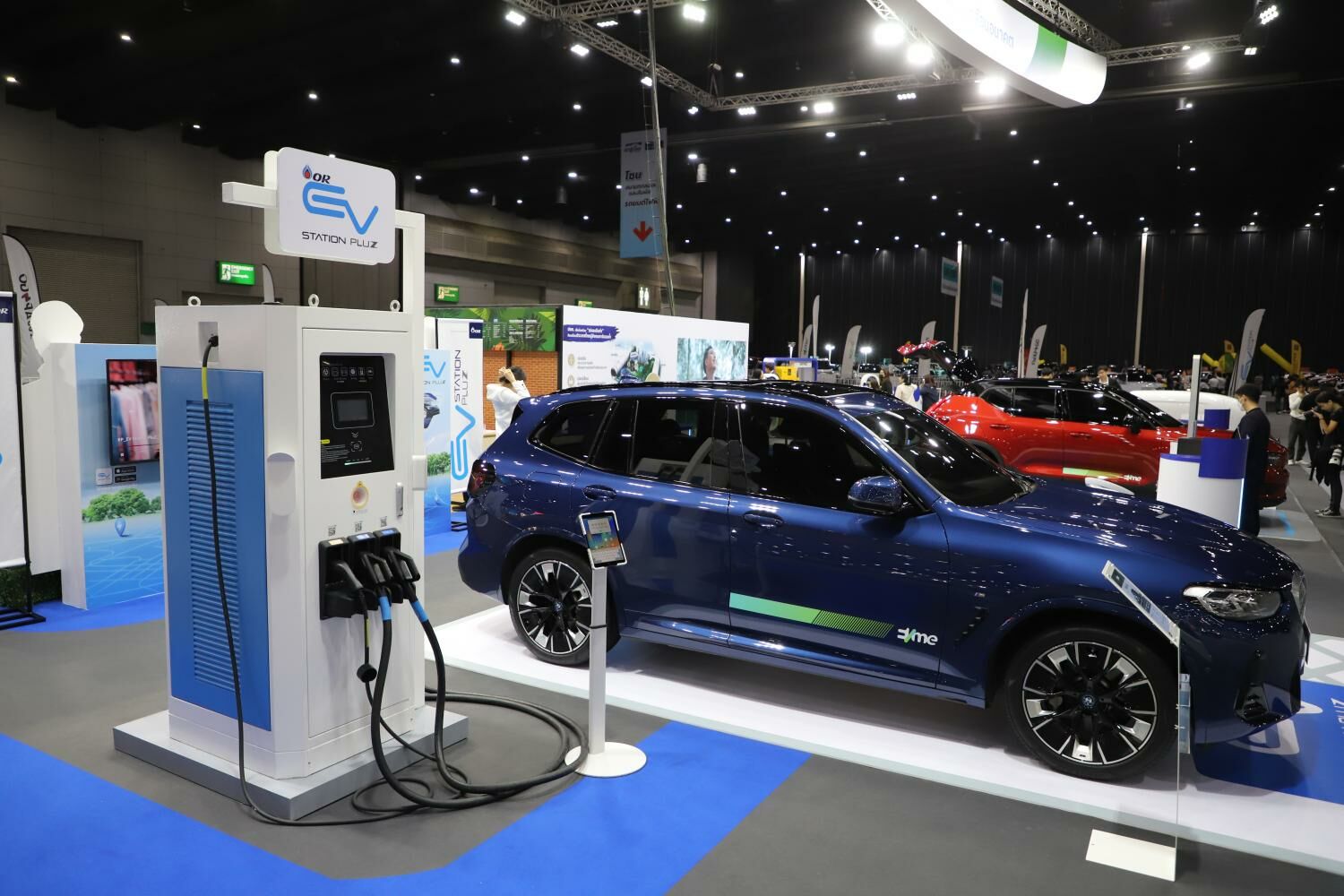Thailand’s PTT Plc sees future in hydrogen fuel for vehicles

PTT Plc, Thailand’s national oil and gas conglomerate, is forecasting a future where hydrogen could potentially replace oil-powered vehicles, contributing to the reduction of air pollutants. This year, the company’s subsidiary Arun Plus, in collaboration with Taiwan’s Hon Hai Precision Industry Co., is planning to domestically produce electric vehicles (EVs). Additionally, PTT is partnering with various companies to advance the development of hydrogen fuel.
Recently, PTT signed a memorandum of understanding with the Electricity Generating Authority of Thailand (EGAT) and ACWA Power, a Saudi Arabian renewable energy company, to jointly develop green hydrogen. The objective of the collaboration is to make green hydrogen production financially feasible.
Buranin Rattanasombat, PTT’s head of new business and infrastructure, acknowledged that creating hydrogen fuel on a commercial scale for the automotive industry is a challenging task. He noted that Japanese automakers have spent years researching this fuel.
Addressing the comparison between batteries and hydrogen for cars, he conceded that currently, batteries are the superior option. However, he was quick to add that this does not negate the potential importance of hydrogen fuel development.
Hydrogen has already found application in larger vehicles, such as trucks and buses, and in some factories, Buranin stated. The cost of producing green hydrogen is significant since renewable energy is used to separate water molecules into oxygen and hydrogen.
He suggested that countries eager to transition to hydrogen fuel could initially opt for grey hydrogen, which is derived from natural gas. Though not the ideal choice for carbon reduction campaigns, it is a more feasible option, reported Bangkok Post.
As per a World Economic Forum article, grey hydrogen is produced through a steam reforming process. This method generates fewer emissions compared to using black or brown coal for hydrogen production, said Buranin.
“Producing grey hydrogen at a gas separation plant or an oil refinery is simpler than manufacturing batteries for cars.”
Buranin expressed his belief that a key reason for Japanese firms’ interest in hydrogen fuel development is that it necessitates fewer alterations in oil-powered engine technology than a switch to electric mobility technology would require.
Latest Thailand News
Follow The Thaiger on Google News:


























